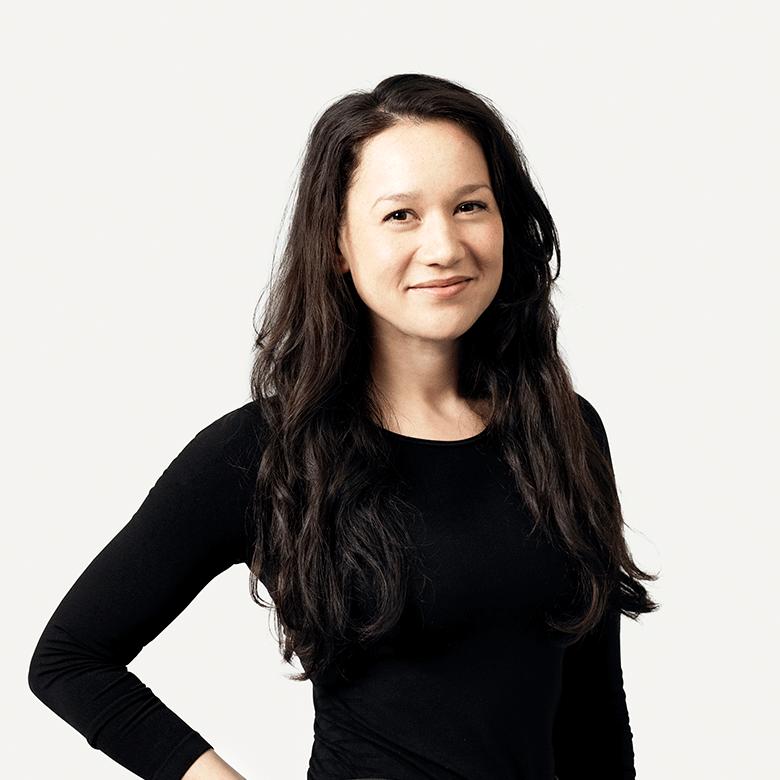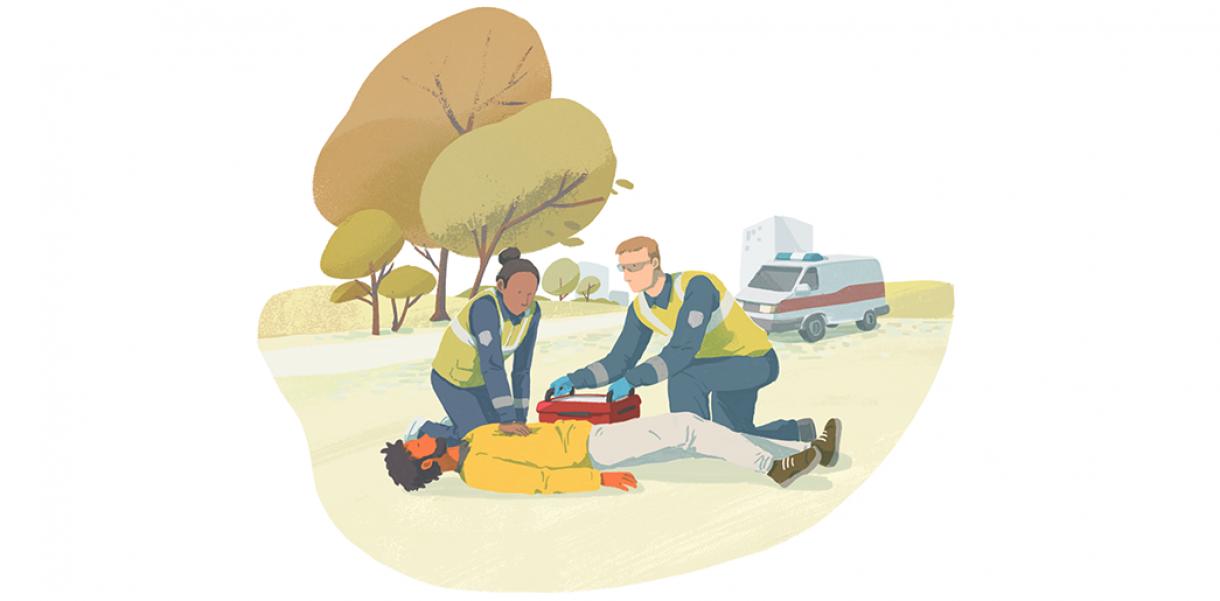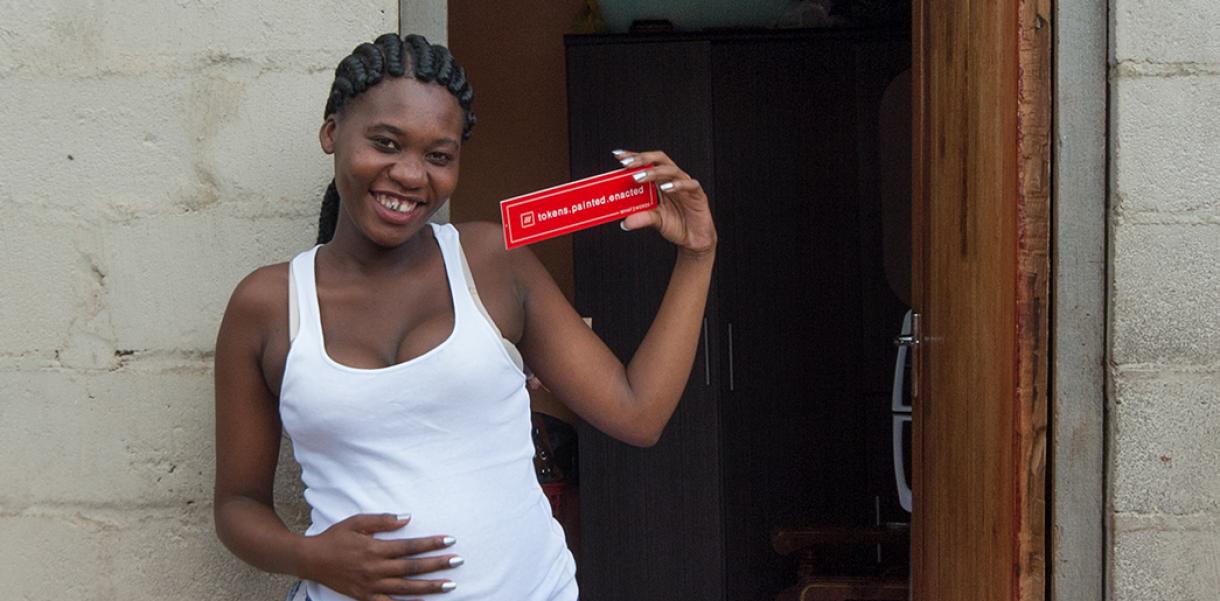When tasked with launching a large-scale design award, our Founder Kigge Hvid hit the road on a knowledge sabbatical. Not only would this be the start of Index but, the birth of a pivotal design point of view. She talked and listened her way across the globe, meeting with designers to CEOs, artists to academics. And all kinds of creative and clever minds with something to say on design. These vital insights founded the concept of 'design to improve life' which, since 2002, has served as the powerful backbone of our organisation.
The value of listening has never been far from our work and, in 2016, we were fortunate enough to kick-off another global insight project. With the eyes, ears and voices of the entire team, we talked to 144 experts from all professional sectors. We analysed this data and formed the collective intelligence into the Visual Field Notes publication and five Design to Improve Life Goals.
Today, thanks to a generous grant from The Danish Industry Foundation, we're thrilled to present the sequel publication.
Optimism is Blooming in a World Gone Mad picks the brains of the design thinkers and doers in our valuable network. This includes jury, alumni, board members, colleagues and friends of the organisation. Developed by our partners JA, a design studio led by our former CEO Kigge Hvid and designer Sara Møllegaard Flyvbjerg, the report dives into the thoughts of 138 people from 27 countries. The findings aim to help businesses, industries and everyday humans understand the world's most current and imminent challenges and what we can all do to help solve them.
The research is focussed on two key questions: what issues are people losing sleep over and where, or who, should we turn to for solutions? The answers reveal some striking trends, good and bad, and can be summed up in six key challenges.
- Global liveability - By 2050, there will be a projected nine billion on Earth. How do we deal with urbanisation, food supply and ageing populations? Will growth kill our planet and what kinds of limits should we set?
- Ethical leadership - World leaders are expected to be more morally upstanding than the average citizen. But, today, that's far from reality. How do we foster ethics among all leaders and establish moral compasses that benefit humankind?
- 'Madness' and emotional instability - There's a perceived growth in negative emotions: hate, fear, intolerance and apathy. Many sources point to politics as a root cause and, for the first time, repeatedly use the word "mad" to describe the current climate. Can design help us restore sanity and trust, as well as alleviate hostility?
- Parental concerns - The information age partnered with the world's urgent problems paint an alarming picture. People are feeling the effects of global challenges at a very personal level. And, it's not just about self-preservation. Now, more than ever, people are asking: "How will my children cope with the problems we've created?"
- Tourism flows - Travel and globalisation have brought a wealth of benefits. But, at an increasing cost. Can we create sustainable tourism without compromising freedom of travel and the livelihoods of locals?
- Science scepticism - Connected to post-factual media, people are worried about the (seemingly growing) lack of trust, respect and a general understanding of science and research. When needed, how do we help people lean on facts rather than feelings?
The full report contains detailed insights into these challenges and broad collection of solutions (but, we can always use more). We'll be sharing some interesting facts and findings over the next few months but, if you can't wait until then, the full report is published right here for your perusal. Happy reading!
-
Image: Anton Darius Thesollers




